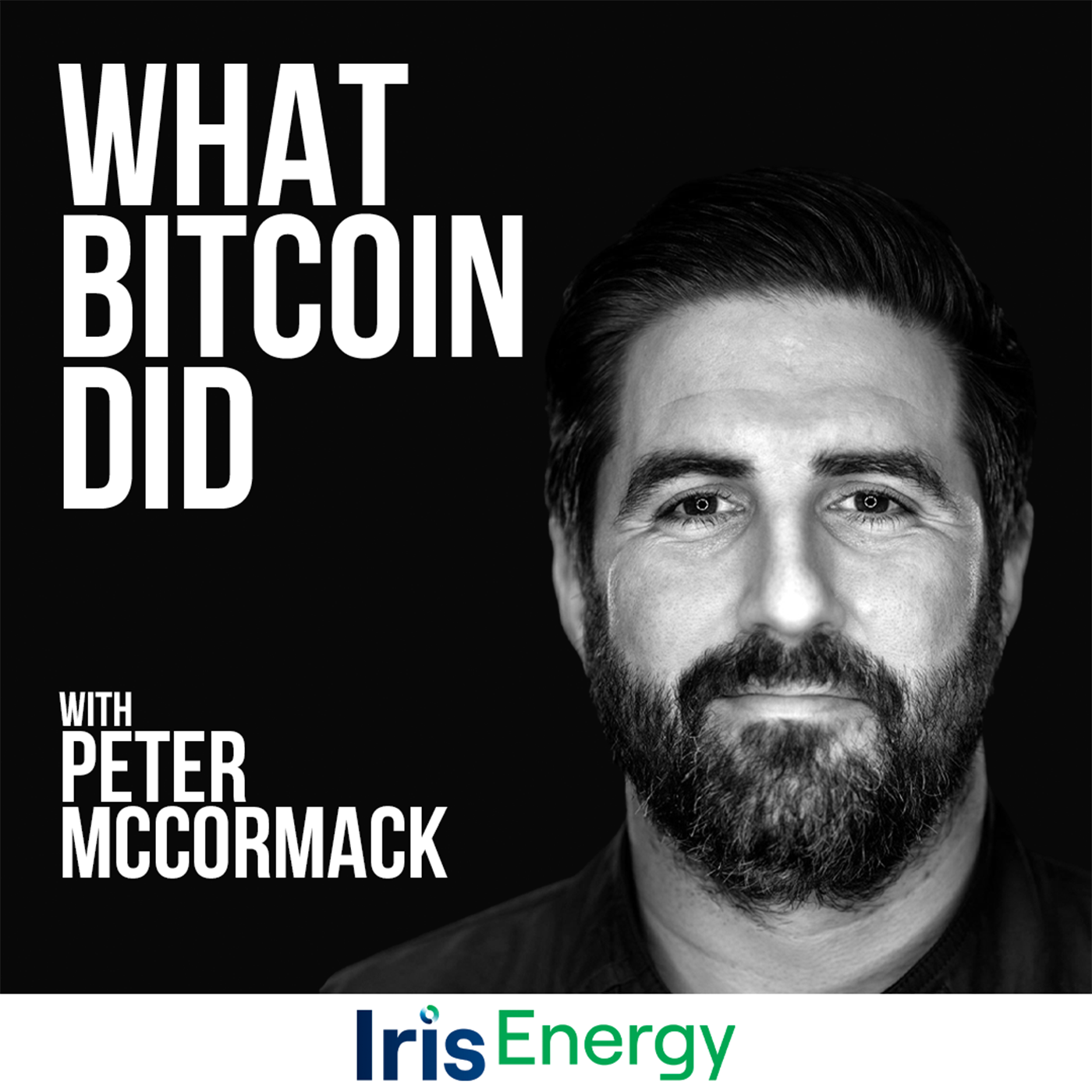- After-Shows
- Alternative
- Animals
- Animation
- Arts
- Astronomy
- Automotive
- Aviation
- Baseball
- Basketball
- Beauty
- Books
- Buddhism
- Business
- Careers
- Chemistry
- Christianity
- Climate
- Comedy
- Commentary
- Courses
- Crafts
- Cricket
- Cryptocurrency
- Culture
- Daily
- Design
- Documentary
- Drama
- Earth
- Education
- Entertainment
- Entrepreneurship
- Family
- Fantasy
- Fashion
- Fiction
- Film
- Fitness
- Food
- Football
- Games
- Garden
- Golf
- Government
- Health
- Hinduism
- History
- Hobbies
- Hockey
- Home
- How-To
- Improv
- Interviews
- Investing
- Islam
- Journals
- Judaism
- Kids
- Language
- Learning
- Leisure
- Life
- Management
- Manga
- Marketing
- Mathematics
- Medicine
- Mental
- Music
- Natural
- Nature
- News
- Non-Profit
- Nutrition
- Parenting
- Performing
- Personal
- Pets
- Philosophy
- Physics
- Places
- Politics
- Relationships
- Religion
- Reviews
- Role-Playing
- Rugby
- Running
- Science
- Self-Improvement
- Sexuality
- Soccer
- Social
- Society
- Spirituality
- Sports
- Stand-Up
- Stories
- Swimming
- TV
- Tabletop
- Technology
- Tennis
- Travel
- True Crime
- Episode-Games
- Visual
- Volleyball
- Weather
- Wilderness
- Wrestling
- Other
How Capital Misallocation Warps Money with Steven Lubka
“If everyone uses a 12-inch ruler to build a house, and then one day, the government wakes up, and they change out all the rulers for an 11-inch ruler, but they don’t tell anybody…that distorts everything in the system because you’re using that as a measure, and the same thing happens with money.”
— Steven LubkaSteven Lubka is Managing Director of Private Client Services at Swan Bitcoin. In this interview, we discuss how the misallocation of money by central banks distorts money, destroys capital, and creates zombie companies. Steven calls for money to be left to find its natural state within a free market. - - - - Society has become accustomed to the intervention of central banks in the economy. The underlying narrative is that central banks have the power to direct the economy through the manipulation of money. A principle level is through the control of interest rates: artificial adjustments to the cost of borrowing money aimed at promoting or tempering growth.You don’t have to be an economics expert though to know that central banks' interventions seem to have become excessive. We have had a decade of near-zero interest rates. In addition to this, central banks have heavily lent on money printing to maintain economic stability: one-fifth of all US dollars were printed in 2020 alone. These significant adjustments to the money supply set in train damaging second-order impacts. Given rising debt levels and recessionary forces, governments are seeking ways to stimulate growth. However, the economy has not been allowed to function normally for an extended period. We may therefore be in a position where significant businesses aren’t able to operate with a more natural cost of money. Many businesses have developed in a period where the cost of money has been artificially low. This has created zombie companies, which need support to survive. This leads to a cascading series of issues: such companies divert resources from more efficient enterprises, but they are destined to fail, which destroys capital. It effectively hollows out parts of the economy.The misallocation of capital is therefore counterproductive: short-term stability is a mirage that hides long-term systemic vulnerability. Steven Lubka’s thesis is that Bitcoin is the answer. It is a real tangible asset with a fixed monetary policy that enables price to be reflective of reality. The result is a market that can make rational decisions, build robust companies, and allow order to emerge In short, Bitcoin fixes the money.- - - - This episode’s sponsors:
Gemini - Buy Bitcoin instantly
Ledn - Financial services for Bitcoin hodlers
Bitcasino - The Future of Gaming is here
Pacific Bitcoin - Bitcoin‑only event, Nov 10 & 11, 2022
Ledger - State of the art Bitcoin hardware wallet
Wasabi Wallet - Privacy by default
Texas Blockchain Summit - Nov 17-1

